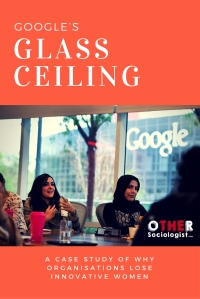 By Zuleyka Zevallos
By Zuleyka Zevallos
Last month, The New York Times gave a disheartening insight into Google’s Executive hiring practices. Google is predominantly staffed with young men,* and they have trouble hiring and retaining women. Google turned to its “famous algorithms” to work out why this was the case, developing spreadsheets to help address the matter. In Google Executive land, it seems, engineers and computer scientists are characterised as “guys” who are proactive in advancing their careers, while women are seen as failed “business” people who don’t ask for promotions. Google has taken some measures to address their hiring practices, but its Executives seem to accept that their gender imbalance (30% women to 70% men) is unlikely to change much. While I focus on Google as a case study, my analysis deconstructs the flaws in the gender logic that large companies have about workplace inequality. Studies find that it is not the fact that women do not ask for promotions that impede their career progression; nor is it simply the decision to exit the workplace to have children. Instead, empirical data show that when employers are faced with equally qualified and experienced candidates who put in the same amount of work and who have the same outcomes, they are more likely to hire, promote and remunerate men over women. I argue that there is a resistance in workplaces to understand how their organisational practices are structured in ways that impede women from thriving professionally.
Gender imbalance and inequality are not inevitable. These are the outcome of daily interactions, organisational practices, policies, and unexamined norms and values. Sociology can help workplaces address gender inequalities by taking an organisational approach to gender. Such a framework makes gender biases visible and involves everyone in addressing inequality – not just women, but people of all genders, as well as the Executives who hold ultimate power in organisational change. Continue reading Google’s Glass Ceiling: A Case Study of Why Organisations Lose Innovative Women
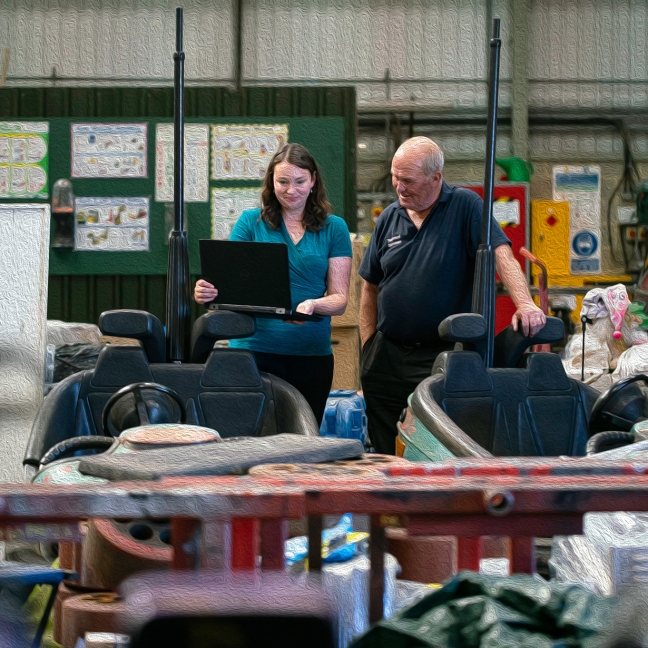


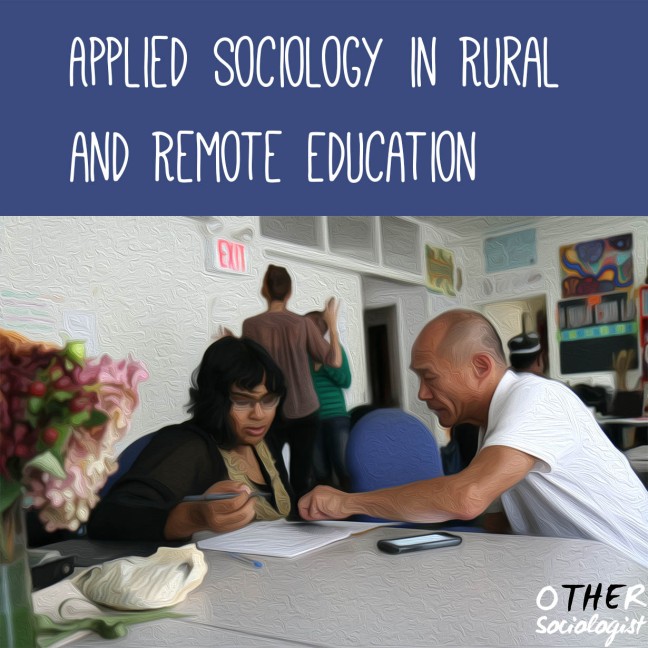
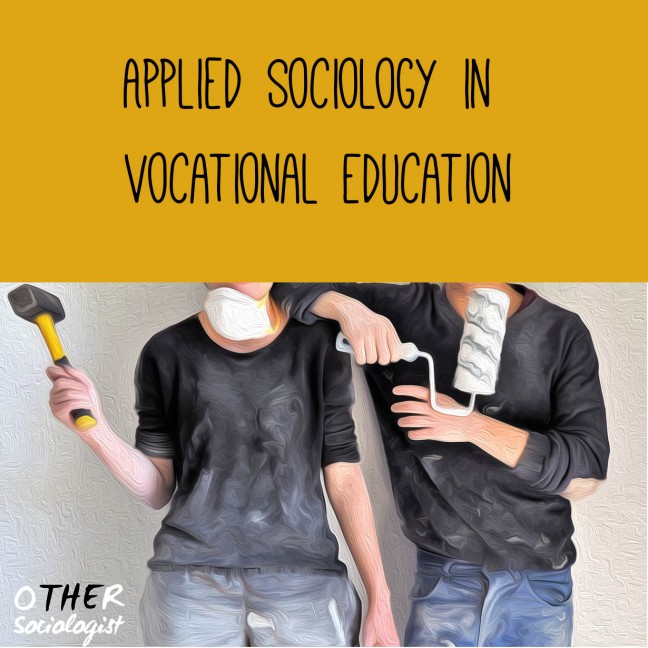


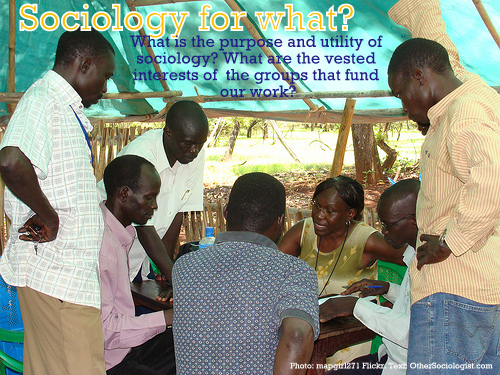
 By Zuleyka Zevallos
By Zuleyka Zevallos